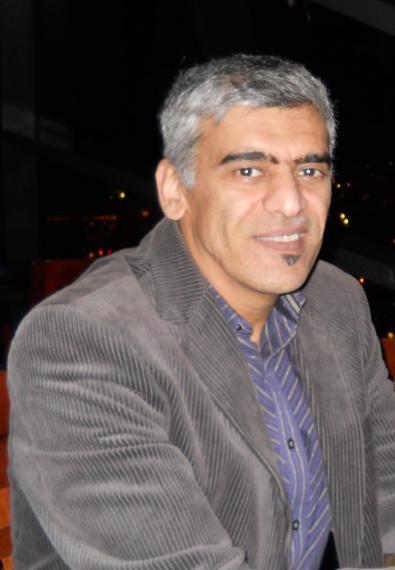Omid Payrow Shabani, 1962-2023

Dr. Abdollah (Omid) Payrow Shabani, Professor in the Department of Philosophy, University of Guelph, died in Toronto on December 23 2023 after a long and debilitating illness. He was 61. His partner Marjan Bateni describes his youth:
Omid came from a war-torn area of Iran, from a middle-class family of educators who had to flee their hometown during the Iran-Iraq war. They had to take refuge in the city of Karaj, north of Tehran, with their house and belongings all gone in the war. When he finished high school, Omid was not allowed to attend university in Iran because he was politically active. All his like-minded friends started mysteriously disappearing or were taken to unknown locations by Iranian authorities, so he fled, moving from country to country, with the threat of death or imprisonment at every corner, doing any possible survival jobs. He drove cabs, washed dishes at restaurants. When Canada finally gave him asylum, he did not speak any English or French. He started learning English by attending ESL classes.
In Canada, Omid settled in Ottawa, earning B.A. and M.A. degrees from Carleton University, and the Ph.D. in philosophy from the University of Ottawa in 2000. He was a Mellon Post-Doctoral Fellow at the New School in 2002, where he studied with Jurgen Habermas, one of the most influential political thinkers of the 20th Century. He came to the University of Guelph in 2003. His first book, Democracy, Power, and Legitimacy: Critical Theory of Jürgen Habermas, was published in 2003 by the University of Toronto Press. Throughout his academic career, Omid continued to write about the nature of democracy, about multiculturalism, and about civil society. Many of his publications, including his last article in 2023, concern the political situation in Iran. He taught undergraduate and graduate courses in social and political philosophy, ethics, critical theory, and the philosophy of law at the University of Guelph.
Omid leaves behind a legacy of intellectual vigor, resilience, and a profound commitment to democratic ideals. His contributions to political theory, particularly on the political complexities of Iran, will continue to inspire scholars and advocates alike. In the hearts of those who knew him, Omid’s memory will be cherished as a testament to the indomitable human spirit. Though he is no longer with us, his memory will live on in the hearts of his partner, his daughter, his colleagues, his students, and everyone fortunate enough to have known him.
Remembrances of Omid can be posted beneath his obituary on the Daily Nous website, here.